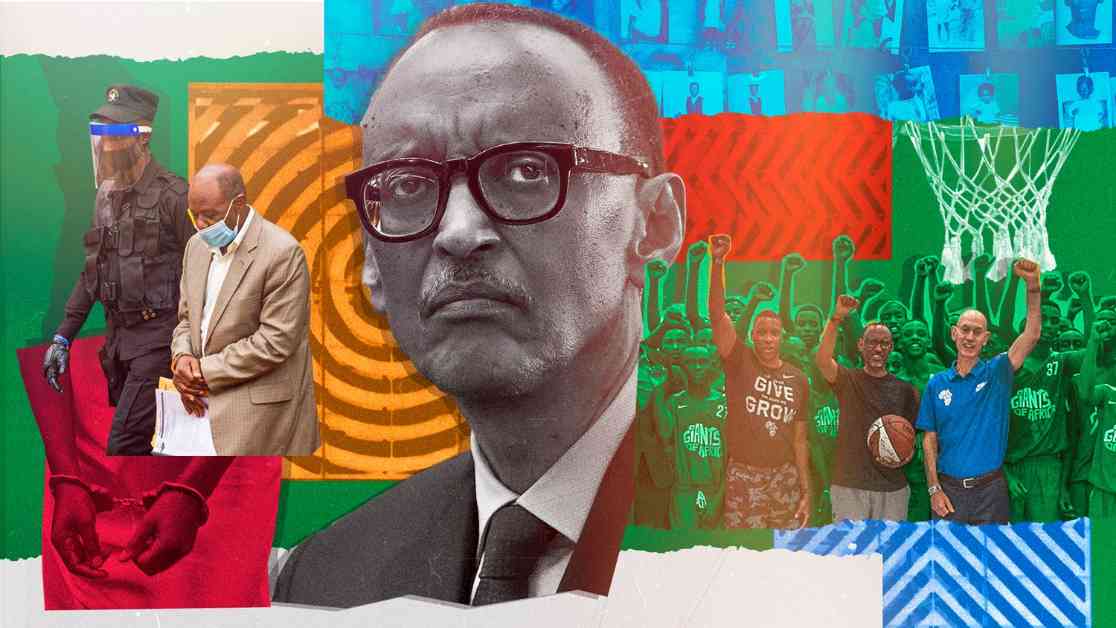In the summer of 2018, the NBA commissioner, Adam Silver, met with the president of Rwanda, Paul Kagame, to discuss the possibility of hosting an NBA game in Rwanda. The meeting took place at the Petit Stade, where Kagame expressed his desire to renovate the stadium to NBA standards. This meeting marked the beginning of a partnership between the NBA and the Rwandan government to launch the Basketball Africa League (BAL) in 2019.
The NBA’s expansion into Africa was seen as a strategic move to tap into the continent’s vast potential for basketball talent and fanbase. With a population of 1.5 billion people, Africa represents a significant market for the NBA. The league has been actively involved in developing basketball in Africa, with initiatives such as the NBA Africa Academy and Junior NBA programs across the continent.
The partnership between the NBA and Rwanda, however, has raised concerns about human rights abuses in the country. Kagame, who has been in power since 2000, has been accused of authoritarian practices, including political repression and human rights violations. Critics have raised questions about the NBA’s alignment with Kagame’s government and the potential for the league to be implicated in “sportswashing” – using sports to distract from human rights abuses.
Despite these concerns, the NBA has defended its partnership with Rwanda, emphasizing its focus on using basketball to improve the lives of Rwandans. NBA executives, including Mark Tatum, have stated that the league’s engagement in Rwanda is guided by the goal of promoting the game and creating positive impact in the country. The NBA has also highlighted the endorsement of the partnership by the U.S. government, including former ambassador Peter Vrooman.
The BAL has been a significant economic boost for Rwanda, contributing to the country’s economy and tourism industry. The league has brought international attention to Rwanda and provided opportunities for local businesses and development projects. The construction of the BK Arena and the development of sports and entertainment complexes have showcased Rwanda as a hub for sports and events in Africa.
Critics, however, argue that the NBA’s partnership with Rwanda overlooks the human rights situation in the country. Opposition figures like Victoire Ingabire have raised concerns about political repression and the lack of democratic freedoms in Rwanda. The U.S. State Department has consistently reported on human rights violations in Rwanda, highlighting issues such as arbitrary detentions, restrictions on free expression, and political intimidation.
As the NBA continues its expansion in Africa and the BAL grows in popularity, the league faces ongoing scrutiny about its engagement with authoritarian regimes like Kagame’s government. The NBA’s decision to prioritize business interests and sports development in Rwanda has sparked debate about the ethical considerations of partnerships with governments with questionable human rights records. The league’s response to these concerns and its commitment to promoting positive change through basketball will continue to be a topic of discussion as the BAL expands across the continent.












